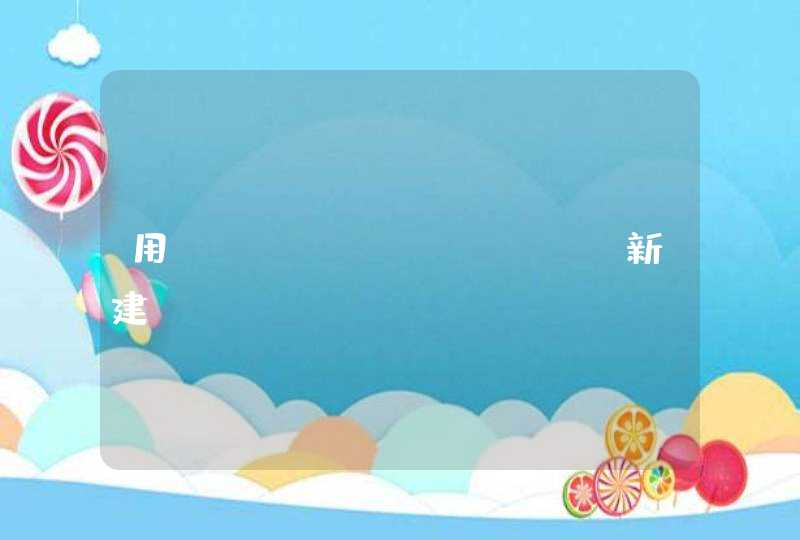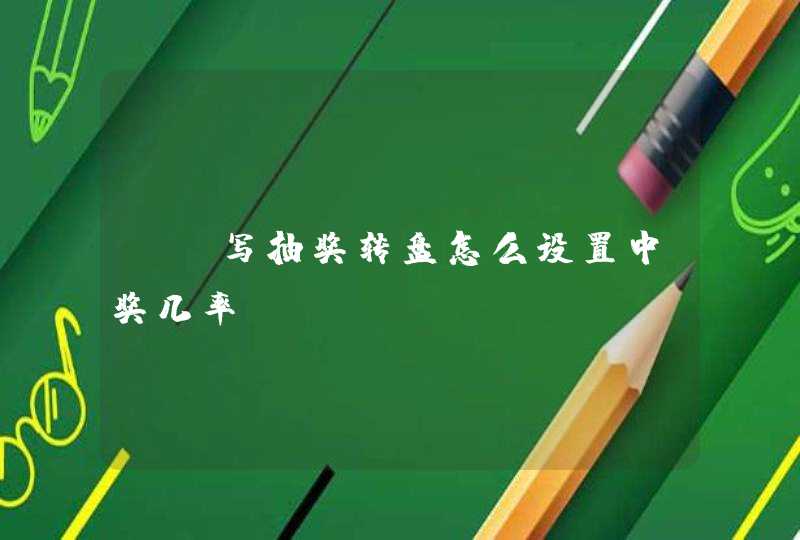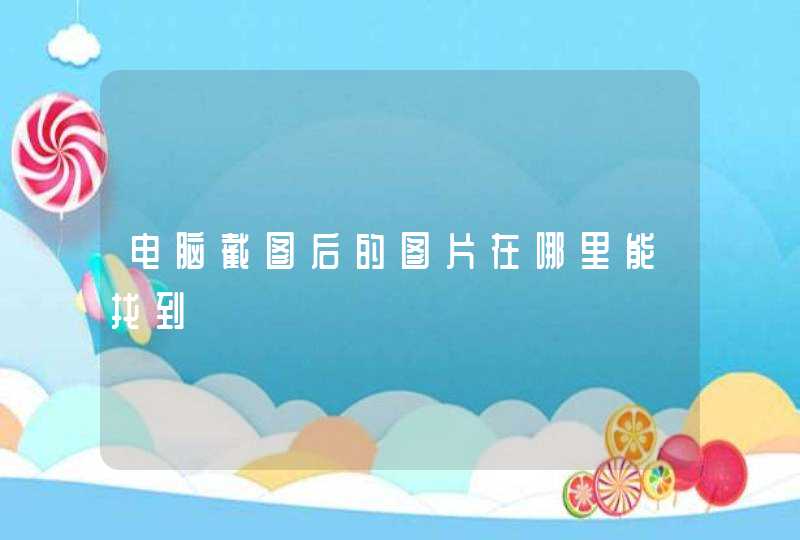
工程应用-高程点生成数据文件-无编码高程点,操作时需要指定高程值注记文字所在的图层名称,且该图层必须只能有高程点和高程注记文字,不能包含其他图形元素和文字注记。才能够提取出高程值。
如果高程点和高程文字注记图层已经不是独立的图层,已经与其他图形元素和文字注记合并为单一的图层,就需要人工提取独立的高程点和文字注记至独立的图层。或者使用【工程应用】-【指定点生成数据文件】功能,逐个用鼠标点选各个高程点并同时录入高程值。
<!DOCTYPE html><html>
<head>
<meta charset="utf-8">
<meta name="viewport" content="initial-scale=1,maximum-scale=1,user-scalable=no">
<title>ImageryLayer - client side pixel filter - 4.6</title>
<link rel="stylesheet" href="https://js.arcgis.com/4.6/esri/css/main.css">
<script src="https://js.arcgis.com/4.6/"></script>
<style>
html,
body,
#viewDiv {
padding: 0
margin: 0
height: 100%
width: 100%
}
</style>
<script>
require([
"esri/Map",
"esri/views/MapView",
"esri/layers/ImageryLayer",
"esri/layers/support/RasterFunction",
"esri/layers/support/DimensionalDefinition",
"esri/layers/support/MosaicRule",
"esri/core/watchUtils",
"dojo/domReady!"
], function(
Map, MapView, ImageryLayer,
RasterFunction, DimensionalDefinition, MosaicRule, watchUtils
) {
// The URL to an image layer representing sea temperature
var url =
"https://sampleserver6.arcgisonline.com/arcgis/rest/services/ScientificData/SeaTemperature/ImageServer"
var map = new Map({
basemap: "dark-gray"
})
var view = new MapView({
container: "viewDiv",
map: map,
zoom: 3,
center: [-32, 28],
popup: {
actions: []
},
})
/**********************************************************************************************
* Variable water_temp describes the water temperature, it has both depth and time dimensions.
* This snippet sets water_temp to a specific depth and a specific time by defining the
* multidimensionalDefinition property of a MosaicRule object.
**********************************************************************************************/
var dimInfo = [] // Define dimensional definition as array
// Multidimensional information of image service can be viewed at thisService/multiDimensionalInfo
// DEPTH: show only temperatures at sea surface
dimInfo.push(new DimensionalDefinition({
dimensionName: "StdZ", // Water depth
values: [0], // Sea surface or 0ft
isSlice: true
}))
// TIME: only show temperatures for the week of April 7, 2014
dimInfo.push(new DimensionalDefinition({
dimensionName: "StdTime", // time temp was recorded
values: [1396828800000], // Week of April 7, 2014
isSlice: true
}))
var mr = new MosaicRule({
multidimensionalDefinition: dimInfo
})
/******************************************
* Set the rendering rule to the
* "None" raster function. This will allow
* us to gain access to the temperature
* value assigned to each pixel
*****************************************/
var rf = new RasterFunction({
functionName: "None"
})
/**********************************************************
* The PixelFilter. This function is used to color the
* pixels. By default, each pixel has one band containing
* a temperature value. Without the pixelFilter
* the layer would render in a grayscale. We will
* replace the single band with three bands - red,
* green, and blue to give color to the layer. This
* will overwrite the original temperature value. See
* the getTemp() function for converting the RGB values
* back to the original temperature value.
*********************************************************/
function colorize(pixelData) {
var pixelBlock, factor, minValue, maxValue
if (pixelData === null || pixelData.pixelBlock === null ||
pixelData.pixelBlock.pixels === null) {
return
}
// The pixelBlock stores the values of all pixels visible in the view
pixelBlock = pixelData.pixelBlock
// Get the min and max values of the data in the current view
minValue = pixelBlock.statistics[0].minValue
maxValue = pixelBlock.statistics[0].maxValue
// The pixels visible in the view
var pixels = pixelBlock.pixels
// The number of pixels in the pixelBlock
var numPixels = pixelBlock.width * pixelBlock.height
// Calculate the factor by which to determine the red and blue
// values in the colorized version of the layer
factor = 255.0 / (maxValue - minValue)
// Get the pixels containing temperature values in the only band of the data
var tempBand = pixels[0]
// Create empty arrays for each of the RGB bands to set on the pixelBlock
var rBand = []
var gBand = []
var bBand = []
// Loop through all the pixels in the view
for (i = 0 i < numPixels i++) {
// Get the pixel value (the temperature) recorded at the pixel location
var tempValue = tempBand[i]
// Calculate the red value based on the factor
var red = (tempValue - minValue) * factor
// Sets a color between blue (coldest) and red (warmest) in each band
rBand[i] = red
gBand[i] = 0
bBand[i] = 255 - red
}
// Set the new pixel values on the pixelBlock
pixelData.pixelBlock.pixels = [rBand, gBand, bBand]
pixelData.pixelBlock.pixelType = "U8" // U8 is used for color
}
var layer = new ImageryLayer({
url: url,
renderingRule: rf,
pixelFilter: colorize,
mosaicRule: mr,
// The popup will display the temperature at the clicked location
popupTemplate: { // autocasts as new PopupTemplate()
title: "Sea Surface Temperature",
content: "{Raster.ServicePixelValue}° Celsius"
}
})
// Add sea temperature layer to the map
map.add(layer)
// Display popup when the layer view loads
view.whenLayerView(layer).then(function(layerView) {
watchUtils.whenFalseOnce(layerView, "updating", function(newVal) {
view.popup.open({
title: "Sea Surface Temperature",
content: "Click anywhere in the oceans to view the sea temperature at that location.",
location: view.center
})
})
})
})
</script>
</head>
<body>
<div id="viewDiv"></div>
</body>
</html>
DJ是DISCO JOCIKEY(唱片骑士)的英文缩写,以DISCO为主,DJ这两个字现在已经代表了最新、最劲、最毒、最HIGH的Muisc。引申为广播电台主持音乐节目的主持人。
近年来一些大型的派对中,VJ这名词经常可见,但这里指的VJ并非大家认知的音乐频道主持人,VJ指的是Visual Jockey(影像骑师),简单来说,就是负责提供Party影像的人,DJ提供音乐;VJ提供影像。如Fatboy Slim的Brighton Beach现场邀请MV导演Tim Fleming担任VJ;Underworld与Tomato的合作等等,都显示出未来Party的新趋势---音乐与视觉的结合。VJ的做法就如同DJ的概念一般,将影像、动画等视觉元素作即时的剪接,并添加效果,由於近年来电脑科技的发达,一台laptop搭配软体几乎可以应付完整的演出,大大降低担任VJ的门槛。
欧美VJ文化的发展
端看这几年的大型派对,几乎无不出现VJ的踪迹,甚至跨界到传统歌手演唱会,而且多位百大DJ们,也开始尝试与VJ合作发行DVD,就可以知道VJ在欧美蓬勃的盛况了。如Underworld与Tomato的合作的"Everything, Everything"现场实况;Ninja Tune旗下DJ的专辑多附上影像创作,以及电音大厂Moonshine的AV:X系列等等。另外著名的英国当代视觉影像展[ onedotzero ],这一两年也专注在VJ领域的探讨。
亚洲VJ文化发展
相较於欧美,亚洲的VJ发展更是不落人后,甚至是影响VJ文化发展的关键之一。影像王国的日本,这几年研发了许许多多的VJ软体,其中Motion Dive软体,几乎已成为VJ的标准工具。其中参与研发的的视觉团体glamoove也因此声名大噪,受邀到各国演出。今年glamoove与日本知名制作人DJ Mondo Grosso合作,制作了一张以VJ为概念的DVD。
反观台湾, VJ的观念虽然不怎麼普及,但这几年仍然可以在大型派对中看到VJ的踪迹,而多家知名的舞厅也开始加入VJ的配置,前景看好。由知名音乐创作人DJ monbaza等人所发请的Art Project,是台湾首先有系统的介绍VJ观念的组织,但可惜碍於经费与场地,目前暂时停止活动。知名派对组织The LOOP,也邀请过几位国外VJ来台交流,如fatboy slim的MV导演Tim Fleming就成来台演出过,让台湾的VJ留下深刻的印象。
由此可见,在未来的几年来,VJ 将会越来越受到瞩目,所以下次在club时,别忘了留意一下VJ们精心准备的视觉影像喔( pioneer girl )





































































